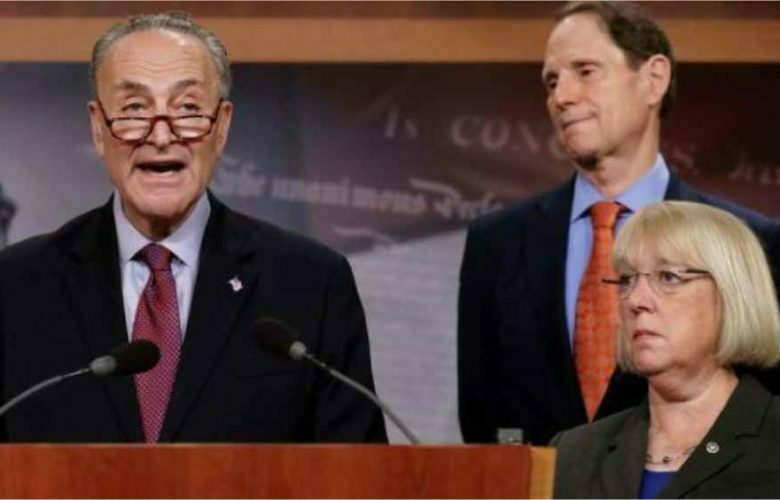OLYMPIA – For Doresty Daniel, Thursday was “the greatest day of my life.”
The Washington state Senate had just passed a bill to provide health care to Marshall Islanders who are residents of Washington, a measure designed to help the Marshallese who suffer health problems from nuclear tests the United States conducted near their islands in 1940-50. “It means that our people can go out there now, without being afraid of going to the doctor because of (the cost),” said Daniel, a Spokane resident and school district employee.
The bill would allow more people from countries belonging to the Compact of Free Association – an international agreement between the United States and the Pacific Island nations of the Marshall Islands, the Federated States of Micronesia and the Republic of Palau – to receive health insurance.
The Health Care Authority would pay for premiums and out-of-pocket costs of individuals who are citizens of a COFA nation and current Washington residents, with incomes at or below 133 percent of the federal poverty level.
The bill’s sponsor, Sen. Rebecca Saldana, D-Seattle, said the islanders have experienced negative health impacts from the testing, including cancer.
“We’re making right of a past wrong and making sure they have access to health care for their families, for their children and especially for their elders,” she said.
Sen. Bob Hasegawa, D-Beacon Hill, said Washington has a moral obligation to the islanders, who were used as “human guinea pigs” to test the effects of radiation.
“This case is one of the most egregious examples of where we really need to step up,” he said.
But Sen. Jan Angel, R-Kitsap, said the bill does not address the many other Washington residents who pay insurance premiums that are too high, especially young families and single mothers.
“I’m struggling with taking one group of people and singling them out with these benefits,” she said.
Sen. Ann Rivers, R-La Center, said she supports helping the islanders, but is concerned Washington will become a magnet for financial burdens that are the federal government’s responsibility.
“We’re being the adults in the room, and we’re taking care of these people,” she said. “(But) Washington state can’t fix all of Washington, D.C.’s problems.”
Emtison Nyberg, a Marshallese Spokane resident, said she felt like crying with joy when the bill passed. It especially will help seniors like her mother, who does not have insurance and was previously unable to seek help for a bad leg, she said.
“We’ve been waiting for this for a long time,” Nyberg said.








